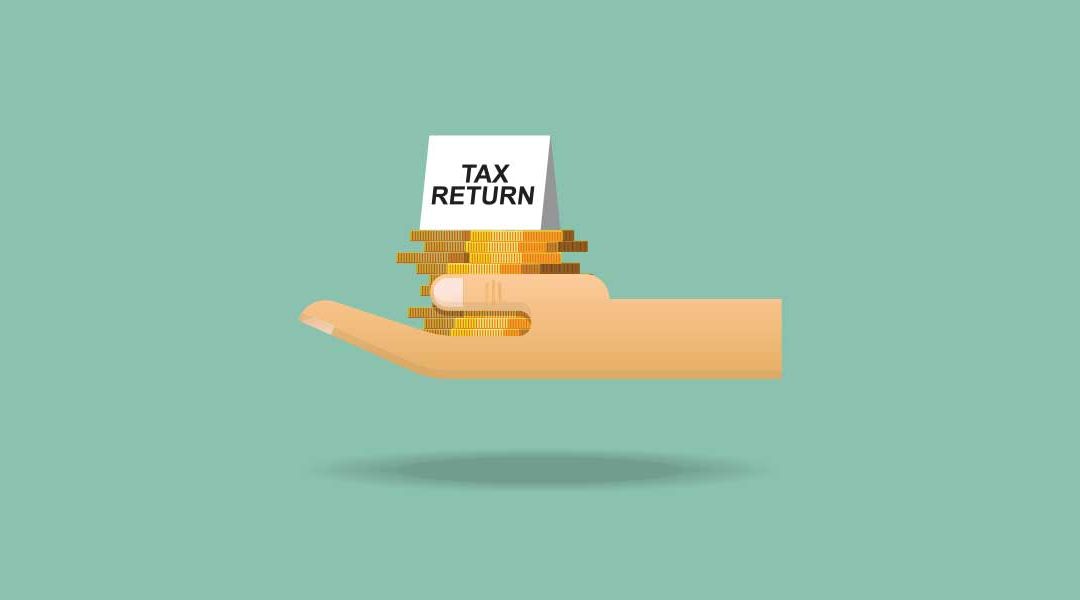If you’re still working towards the 31 January deadline to submit your tax return, here are CRM’s Top Ten Tips for getting a hassle-free Self-Assessment Tax Return completed by the deadline and some things you might miss in your last-minute panic.
Even a small mistake made on your tax return can have a big impact on future payments and losses, so getting it right first time is vital. Errors come about because people don’t entirely understand the form and what it’s asking for. Most mistakes occur in the areas of dividends, savings, property and pensions.
There’s no getting around the amount of paperwork needed to smoothly complete your tax return. For the self-employed, receipts, invoices, mileage records, benefits, pensions, bank statements, student loan and records of money taken out or put into the business need to be comprehensive, but digital accounting software can assist here through the whole tax year.
Top Tip 1. Time to Pay Facility
If you’re dreading calculating how much tax you owe, it can be easy to stick your head in the sand and put off the inevitable. However, HMRC has a Time to Pay facility whereby you can spread the cost over 12 monthly direct debits to pay your tax bill if it’s less than £30,000. Interest is applied on the balance after February 2022 and this facility must be set up within 60 days of the deadline.
Top Tip 2. Charity Donations
If you made donations to charities, are a higher rate taxpayer and ticked the GiftAid box, you can claim the difference between the basic rate and your tax rate on your tax return. The amount of relief is calculated on the form and can soon add up. This doesn’t apply to charity donations you make via payroll giving as this is calculated at source.
Top Tip 3. Pension Tax Relief
Some personal pension plans and some auto-enrolment pension schemes (NEST, for example) operate a ‘relief at source’ system where higher rate taxpayers can claim the extra relief they are due. Many higher rate taxpayers are missing out on this relief.
Top Tip 4. Child Benefit
If one or both parents earn more than £50,000, they do not qualify for Child Benefit and overpayment is taken back on a sliding scale. Watch out for this if you move in with someone who has children and claims Child Benefit, your partner can no longer claim. If you pay more into your pension or gift aid, you may be able to reduce your net income below the £50,000 threshold.
Top Tip 5. Capital Gains and less common income sources
There are nasty penalties for failing to declare relevant income and Capital Gains such as:
- Employment income – including Benefits in Kind on P11Ds
- Maternity/paternity pay, sick pay and other benefits
- Pension income – remember that state pension is generally paid every 4 weeks, not monthly, so you will likely have 13 payments not 12
- Interest, savings dividends, investments and trusts
- Employee share schemes
- Dividends
But you don’t need to declare interest, bonuses or dividends from tax-exempt investments like ISAs, NS&I certificates, Premium Bonds, gambling prizes, Save As You Earn schemes or court-awarded damages. Don’t forget that if you have declared a gain on a residential property via an in year return, this still needs to be included on your annual tax return to assess whether the tax paid at the time is too much, not enough, or just right.
Top Tip 6. Marriage Allowance
Don’t forget you can transfer £1,250 of your personal tax allowance to your husband, wife or civil partner to reduce your tax bill. This can be applied if one partner pays no income tax or has an income below the £12,500 personal allowance and the other partner is in the basic tax rate bracket.
Top Tip 7. The Devil’s in the Detail
Incorrect calculation can have a big impact on whether you pay the right amount of tax and sometimes the simplest, most obvious tasks are the ones that are missed. Including your correct National Insurance number, for instance, is basic but noted incorrectly surprisingly often.
Top Tip 8. Eligible Expenses
Check carefully which expenses can be deducted within your tax return to avoid costly penalties. Checking with a tax expert may show you things that you’re not claiming which could cut your tax bill.
Top Tip 9. Supplementary Pages
Additional documentation is sometimes required for income not covered in the main submission. This may include life insurance gains, share scheme income, foreign earnings, lump sums from employers, property income and married couple’s allowance claims.
Top Tip 10. Great Accountants are worth their weight in gold!
If this year’s tax return has caused a mighty headache, you should really consider getting an accountant to do it for you next time around. An experienced accountant will help you make sure that everything is included correctly and on time, giving you time to put your effort into what you’re good at – planning a successful 2022 for your business!
To minimise your future tax bills and take the panic out of your tax return, contact CRM on 01865 379272.

